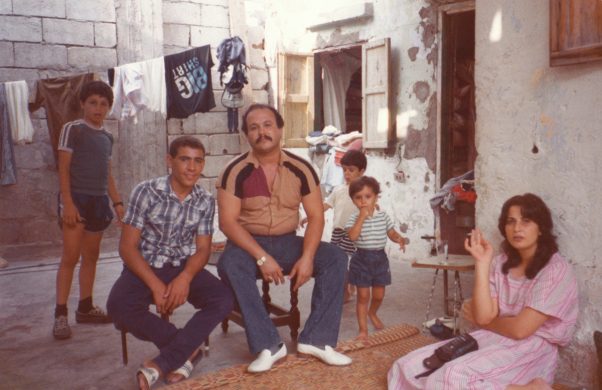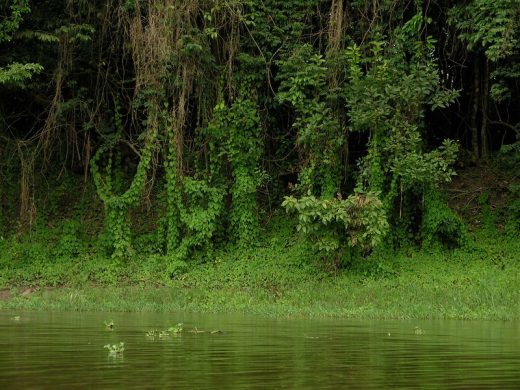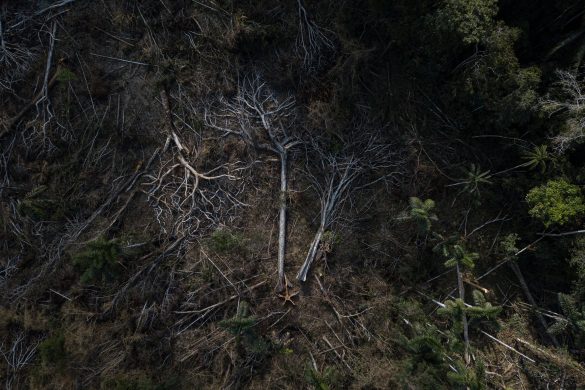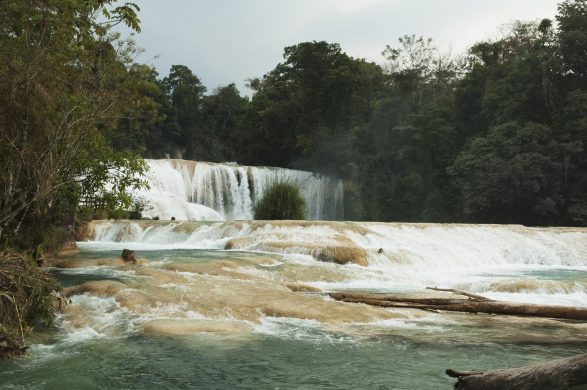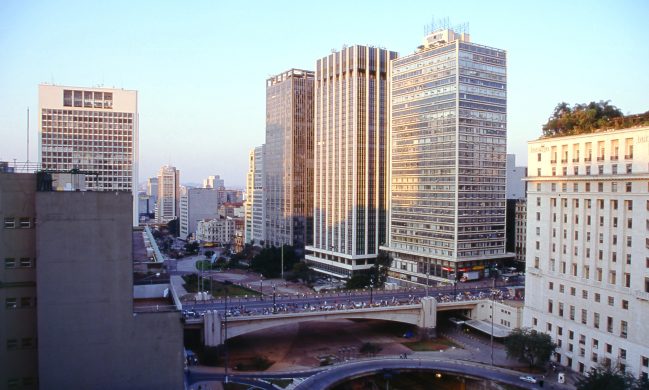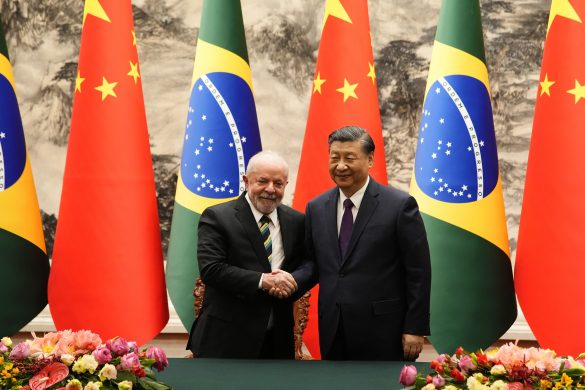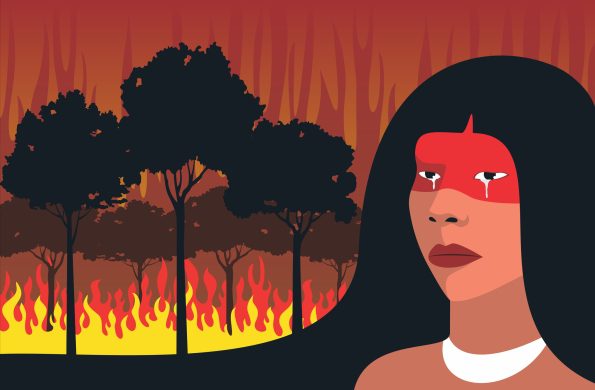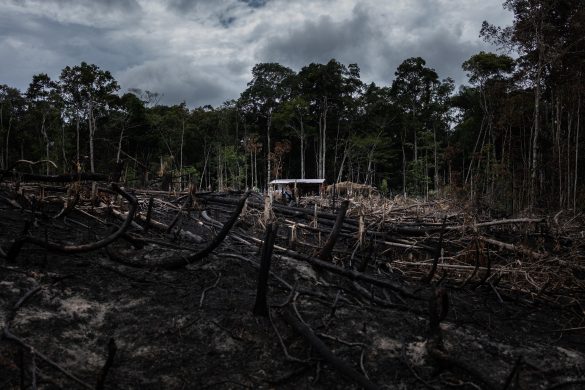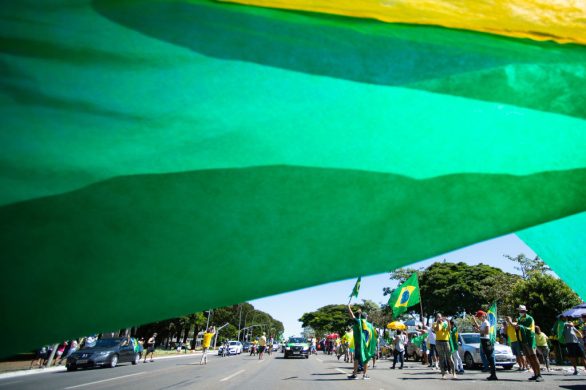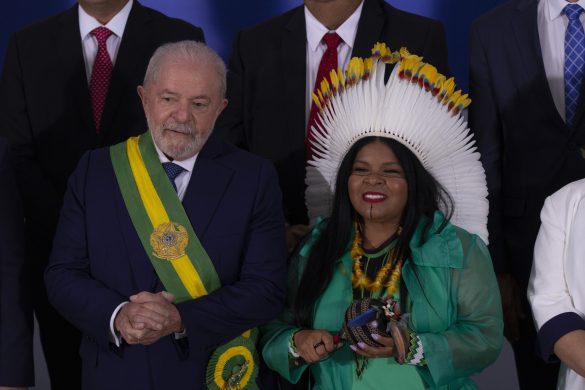GENEVA, 11 August 2015 (OHCHR): United Nations independent expert Victoria Tauli-Corpuz has urged the Government of Brazil “to ensure that the human rights of the Guarani and Kaiowá indigenous people are fully respected, in strict compliance with international standards protecting the rights of indigenous peoples.
The Special Rapporteur on the rights of the indigenous peoples expressed deep concern about reports that police are poised to forcibly evict Guarani and Kaiowá indigenous people from their Tekohas (traditional lands), in the State of Mato Grosso do Sul, in Western Brazil. Some 6,000 indigenous people are refusing to leave their Tekohas, and have warned they plan to resist the eviction ‘until death.
Frygter at politiet vil smide dem ud
Civil police officers reportedly arrived in a number of indigenous communities on Saturday 8 August. Although no evictions took place, the communities fear that the presence of the police indicate an intention to carry out the eviction orders issued in July 2015 by the Federal Courts. “Indigenous peoples should not be forcibly relocated from their lands or territories,” Ms. Tauli-Corpuz said, recalling the UN Declaration on the Rights of Indigenous Peoples.
“No relocation should take place without the free, prior and informed consent of the indigenous peoples concerned and after agreement of fair and just compensation and, where possible, the option of return.” “Given the ongoing situation of insecurity and mistrust in the State of Mato Grosso do Sul, including long standing unresolved issues about ownership of traditional lands, and ongoing patterns of violence, I fear for the safety and security of the affected indigenous peoples, should this eviction take place,” the UN Special Rapporteur stressed.
Angribes af væbnede grupper
The Guarani and Kaiowá have been engaged in a decades-long ongoing struggle to regain their rights over ancestral lands that are now largely under the control of non-indigenous occupants. This has led to ongoing violent attacks against the indigenous communities by militias allegedly paid for by non-indigenous farmers and landholders, who have very significant commercial interests in the region, largely related to industrial-scale agribusinesses.
Reportedly militias are being deployed to attack and intimidate communities, in a campaign to spread psychological terror and ensure the communities comply with the eviction.
This is reportedly part of a pattern of longstanding conflict and violence between indigenous communities and landowners, which has led to over 290 Guarani and Kaiowá individuals, including leaders, being killed since 2003.
Blev flyttet til ”indianerreservater”
For centuries, the Guarani and Kaiowá indigenous people have lived in the State of Mato Grosso do Sul. The ability to live on their traditional lands, has, however been curtailed over the last century. In the 1920s many indigenous communities were forcibly removed by the State to so called ‘Indian Reserves’. In the 1940s, others were further displaced from their traditional lands to make way for non-indigenous settlers who came to the area to engage in large-scale agribusiness.
Today, many Guarani and Kaiowá continue to fight for official recognition of their traditional lands, and reside there, although they face humanitarian crises in in terms of access to food, clean water and health services.
About the Special Rapporteur
The Special Rapporteur on the rights of indigenous peoples, Ms. Victoria Tauli-Corpuz (Philippines), is a human rights activist working on indigenous peoples’ rights.
Her work for more than three decades has been focused on movement building among indigenous peoples and also among women, and she has worked as an educator-trainer on human rights, development and indigenous peoples in various contexts.
She is a member of the Kankana-ey, Igorot indigenous peoples in the Cordillera Region in the Philippines. As Special Rapporteur, she is independent from any government or organization and serves in his individual capacity. Learn more, log on to: http://www.ohchr.org/EN/Issues/IPeoples/SRIndigenousPeoples/Pages/SRIPeoplesIndex.aspx
The Special Rapporteurs are part of what is known as the Special Procedures of the Human Rights Council. Special Procedures, the largest body of independent experts in the UN Human Rights system, is the general name of the Council’s independent fact-finding and monitoring mechanisms that address either specific country situations or thematic issues in all parts of the world.
Special Procedures’ experts work on a voluntary basis; they are not UN staff and do not receive a salary for their work.
They are independent from any government or organization and serve in their individual capacity.




